Mai Har Ek Pal Ka Shayar Hoon – Yash Chopra
K.V. Ramesh | kvr4060@gmail.com
Yash Chopra’s name is immediately associated with stylized romantic films of the late 20th and the early 21st century. Yash Raj Films has made an immense contribution to the film world in the 21st century. Most critics disliked his “chiffon romances”, and he was always called the King of Romance. His view was simple – romance and love are forever. The line from the film Kabhie Kabhie sounds perfect for the romantic films that he made – Mai har ek pal ka shayar hoon.
His career as a director goes back to the path-breaking Dhool ka Phool’1959, his first film as director, for his brother B R Chopra which was the fourth largest box office hit for that year. The youngest of eight children of the Chopra family, Yash Chopra was born in 1932 and almost became an engineer. The nearly magnetic attraction to films was natural.
He started as an assistant to his older brother and then got his first break as a director in 1959. The story about an illegitimate child being hounded by one and all was fodder for thought in a country that was – and is still – bedeviled by casteism. Who can know the cast or even religion of that illegitimate child, which is brilliantly outlined in the song, Tu hindu banenga na musalman banenga, a cry for humanity and treating everyone as humans.
His next was the equally charged ‘Dharmputra’ about the background to Partition and a plea for Hindu-Muslim amity. The song ‘Ye masjid hai wo bhuthkhana, chahe ye maano chaahe wo maano’ says it all. In the charged atmosphere of Partition, the ‘Dharmputra’ who has become a fanatic discovers his real identity.
Waqt (1965) was a first of its kind multi-starrer, a lost and found formulaic story told in color and with some brilliant music by Ravi. Aadmi Aur Insaan (1969) and Ittefaq (1969), the songless film, were his last productions under his elder brother.
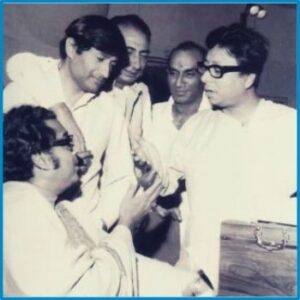 Deciding to strike out on his own, he formed Yash Raj films and their first production was Daag: A Poem of Love (1973). Rajesh Khanna’s star power, his pairing with Sharmila Tagore, and an excellent soundtrack made the film a super hit. The story is about a man who unknowingly becomes a bigamist, due to circumstances. When his first wife confronts the situation, she laments with Jab bhi jee chahe nayi duniya basaa letey hain log. Later, the hero however clears the air and says he still loves her when he sings “Mere dil me aaj kya hai tu kahey to mai bata doon”. This evergreen romantic number and the lament were indicators of Yash Chopra’s inclination to make romantic films devoid of violence.
Deciding to strike out on his own, he formed Yash Raj films and their first production was Daag: A Poem of Love (1973). Rajesh Khanna’s star power, his pairing with Sharmila Tagore, and an excellent soundtrack made the film a super hit. The story is about a man who unknowingly becomes a bigamist, due to circumstances. When his first wife confronts the situation, she laments with Jab bhi jee chahe nayi duniya basaa letey hain log. Later, the hero however clears the air and says he still loves her when he sings “Mere dil me aaj kya hai tu kahey to mai bata doon”. This evergreen romantic number and the lament were indicators of Yash Chopra’s inclination to make romantic films devoid of violence.
Yash Chopra’s next directorial venture Joshila (1973) was for Gulshan Rai and his Trimurti films. With Dev Anand as the hero, the expectation was that it would be a repeat of Johnny Mera Naam but with the new “hot” director. Despite having a brilliant soundtrack from R.D.Burman, the film didn’t set the box office on fire. The iconic photo, surely taken during the rehearsal of ‘Kiska rasta dekhe, ai dil ai saudayee’, clearly shows how Yash paid attention to crafting the music. Kishore Kumar, Dev Anand, Sahir, Yash Chopra are visible in this pic, which resulted in the totally wistful nostalgia-filled song.
The song fits perfectly into a man lamenting his current situation and wondering about the past. Despite a formulaic “Dev Anand” film with two heroines, songs, dances, fights, hill station locations, the movie bombed at the box office. The times were changing, and so too were films. There was a wave of inner anger in the nation which had seen more than 25 years of Government slogans of the ‘work and someday you will be rewarded – someday”. They wanted their rewards here and now, and those who didn’t get it wanted to forcibly take it. No one expressed this inner anger onscreen better than Amitabh Bachchan, so much that he quickly got the sobriquet with which he was stuck for a long time – Angry Young Man.
 Though the story of Deewar was age-old about two brothers on the law-and-order divide, the treatment was new. Instead of a dacoit, the new age criminal wore smart suits, drove flashy cars, lived in glitzy hotels, and had a business worth millions. He did all this for his family, and he wasn’t in the least bit repentant about it. Yet he found that money couldn’t solve all the problems as his mother sided with his police officer brother.
Though the story of Deewar was age-old about two brothers on the law-and-order divide, the treatment was new. Instead of a dacoit, the new age criminal wore smart suits, drove flashy cars, lived in glitzy hotels, and had a business worth millions. He did all this for his family, and he wasn’t in the least bit repentant about it. Yet he found that money couldn’t solve all the problems as his mother sided with his police officer brother.
Deewar was a smash hit helped by Amitabh’s presence, a contemporary story that resonated with ordinary people. Music in such a serious film kills the pace. The two duets showed the younger brother and his girlfriend committing to each other. The best track is an extended background track that happens when Vijay, the coolie turned smuggler, deliberately walks into a trap and barely escapes with his life, in the process acquiring a call girl as a girlfriend. The soundtrack starts with the duo chatting, then Vijay walking out and almost being assassinated. The heavy jazz-influenced track is brilliantly fused with the onscreen events, and the track ends with Vijay driving away in a car, unharmed.
An almost simultaneous release in 1975 was the extended ode to love Kabhie Kabhie (1975). This was a complete change of pace for the ‘Angry Young man’. In the film, he accepted that he had lost the woman he had loved and settled down with another woman but could never forget his first love. The situation and dilemma are brilliantly explained in the song ‘Kabhie Kabhie mere dil me khayal aata hai’. The song starts with a male voice and suddenly jumps to a female voice. We know that the man has lost the woman, and the woman is now completing the poem but to her new husband, showing the loss on both sides. The song ends with the male voice, Mukesh, singing “Main jaanta hoon ke tu ghair hai”. The song and the film were hits which was also due to Mukesh suddenly passing away while on a foreign musical tour. Everything in the song worked – the lyrics, the picturization, the singing.
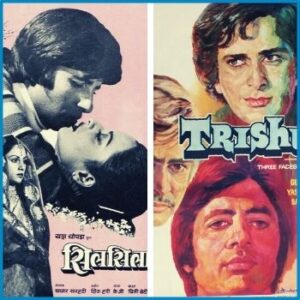
After the super success of Deewar, Gulshan Rai again roped in Yash Chopra for his multi starrer,
Trishul (1977), which was also a super hit. The songs were really unnecessary and had no impact on the story. It was an unusual story of an illegitimate son taking revenge on his father by destroying his father’s business empire. He keeps bumping into his perennially cheerful stepbrother, and at a party, they sing their inner feelings. While the younger brother talks about “love is a wonderful thing” the older brother, sings about “love being unnecessary”. The song does drag on the story but is perhaps the only song fused well into the story as it is an indicator of the two opposite thoughts of both men. Kishore Kumar for the happy-go-lucky younger brother and Yesudas for the brooding older brother make perfect contrast in this song, Muhabbat Bade Kaam Ki Cheej Hai…
Kaala Pathar (1979) was a loose copy of Lord Jim, about a man running away from his ‘cowardice’ and keeps doing many dangerous tasks in a mining town to prove that he is not a coward. Since he was the producer and director, Yash Chopra built a huge set at Loni outside Pune. The story was based on the Chas Naala mine disaster in which many miners died due to the mines being flooded accidentally. Once again, this was yet another multi starrer that was more or less dominated by the brooding presence of Amitabh Bachchan as the protagonist Vijay who has to confront a new interloper Mangal (Shatrughan Sinha). At the same time, a visiting engineer Ravi (Shashi Kapoor) plays the peacemaker. The growing love between Vijay and the local doctor Sudha (Raakhee) is expressed silently between them, while the world around them dances and sings, Jag Gaya Jag Gaya…
In the 1980s, it looked like Yash was back to his favorite topic – romance. The device was a love triangle, and the film was Silsila (1981). Gossip magazines went into overdrive, and the film opened with high anticipation. The anticipation was no doubt high due to the many tongues wagging whether the ‘Silsila’ was onscreen or offscreen. The music by Hindustani Classical musicians Shiv Kumar Sharma and Hariprasad Chaurasia, who went by the title of Shiv-Hari, was high quality and in keeping with the universe of Yash Chopra. The film got the attention for all the wrong reasons. It wasn’t a success – no doubt helped by the somewhat limp ending of everyone going back to their respective spouses, thus dashing the scandalous interest of the audience.
The lush locations in India and abroad gave rise to the Yash Chopra signature – fields of flowers, open spaces with the lead couple singing a key song. In this case, ‘Dekha ek khwab to ye Silsile hue’ is shot in the Tulip fields of Holland, giving the song that bright, colorful look.
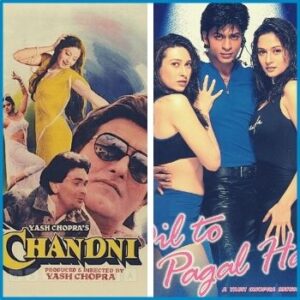 The failure of Silsila could also be attributed to the fact that Sholay had set the trend for “violent movies. Everyone wanted to produce the next Sholay, resulting in a mass of violent films that ranged from crass to terrible. In this atmosphere, it seemed as if Yash Chopra was going with the trend instead of bucking it, and he made “Mashaal” which too failed, even though it had a decent story and Dilip Kumar’s star power. Faasle (1985) and Vijay (1988) also flopped. But then came Chandni (1989).
The failure of Silsila could also be attributed to the fact that Sholay had set the trend for “violent movies. Everyone wanted to produce the next Sholay, resulting in a mass of violent films that ranged from crass to terrible. In this atmosphere, it seemed as if Yash Chopra was going with the trend instead of bucking it, and he made “Mashaal” which too failed, even though it had a decent story and Dilip Kumar’s star power. Faasle (1985) and Vijay (1988) also flopped. But then came Chandni (1989).
This was also the first film which was shot in Switzerland. It was love at first sight for both Yash Chopra and the Swiss Government in that at least 6 to 10 films from Yash raj films have been shot in Switzerland. It seemed as if everyone, including the camera, was in love with Chandni, (Sridevi). The Swiss Government honored him by naming a lake after him with his statue near it. Chandni’s success no doubt was propelled by the many songs for Sridevi. Still, there is one lovely number that is largely forgotten. Lagi Aaj Sawan ki has a wistful Vinod Khanna watching Sridevi and remembering his past love. This soulful Suresh Wadkar deserves more fame as it is picturized beautifully.
Lamhe (1991) was a solid flop as the audience couldn’t digest a guardian falling in love with his ward as she resembled her dead mother, who he loved. Parampara (1993) was yet another flop. It was an old-fashioned story about two rival families who are sworn enemies and whose heirs become friends and then enemies.
And then came Darr (1993). The film that made Shahrukh Khan a household name had great music by Shiv Hari that was largely overlooked. Kkkkkk ka Kiran became a rage with many roadside Romeo imitating Shahrukh’s style. This was one of those films where the bad guy was more attractive than the hero and walked away with all the plaudits. Rahul the stalker, stalks Kiran in her college – naturally, the college is set in the vales of Switzerland. The middle segment and final climax are also placed in Switzerland. The song that keeps recurring is the lovely number sung by Udit Narayan. With this song, Jaado teri nazar, it seemed that melody and worthy lyrics were back.
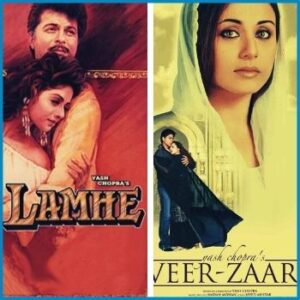
The song starts as a declaration of love; soon it becomes a terror anthem as Rahul continues to terrorize Kiran even though she has made it clear that she doesn’t love him. This cleverly uses a romantic song in different situations to show both the villain’s romantic longing and the heroine’s terror. Darr was a super hit helped by the songs, the locations, and an emerging star in Shahrukh Khan whose career rocketed after this film.
YAsh Chopra’s next film, “DIl to Pagal Hai” seemed a tedious love triangle but was a success due to the pairing of Shahrukh Khan and Madhuri Dixit. His ultimate tribute to romance is counted as Veer Zara (2004). The cross-border Indo Pak romance was a hit again due to Shahrukh Khan’s star power, paired with Preeti Zinta. Once again, romance and love were the kings. Such things as borders and lines in the sand couldn’t come between true love.
Veer Zara’s ace was the soundtrack based on unreleased tunes of Madan Mohan, which had been given a modern flavor due to the arrangements. Yash Chopra’s constant voice in most of his films, Lata Mangeshkar, sang the poignant Tere Liye with Roop Kumar Rathod and Madan Mohan’s voice also being mixed
Critics say that he should have made more films like Deewar, Trishul, etc. In a 2004 interview to India Today[1], Yash Chopra declared that love can never go out of fashion. It’s the most basic human emotion for which everyone longs. In that context, he is a poet of love, for every season, the “har ek pal ka shaayar”
[1] https://www.indiatoday.in/magazine/cover-story/story/20041011-veer-zaara-has-no-violence-only-pure-emotion-yash-chopra-789230-2004-10-11


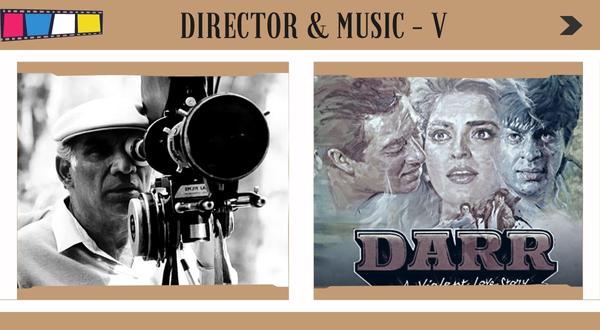

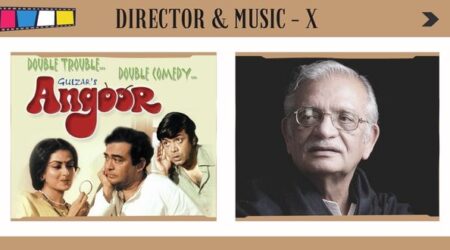
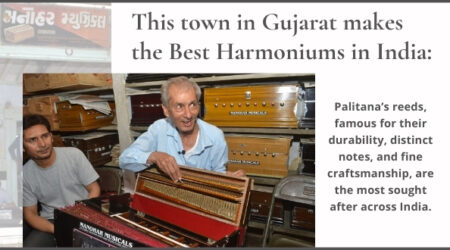
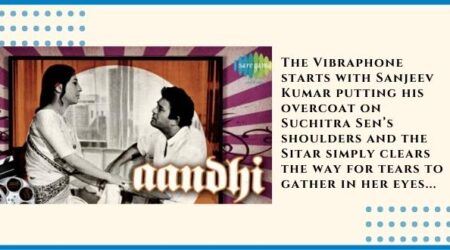
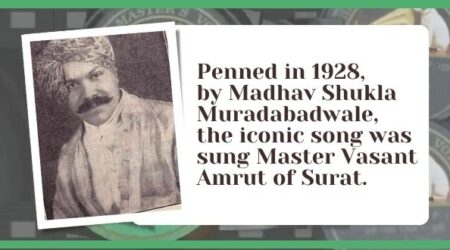
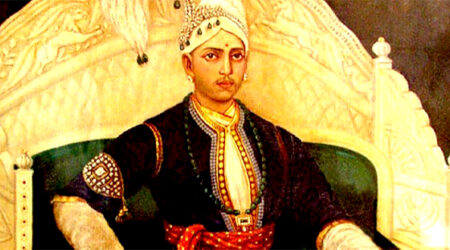
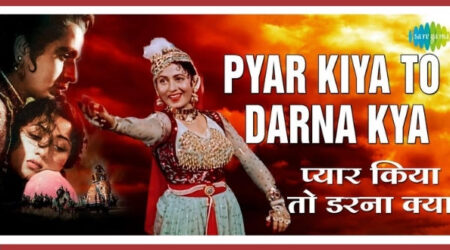
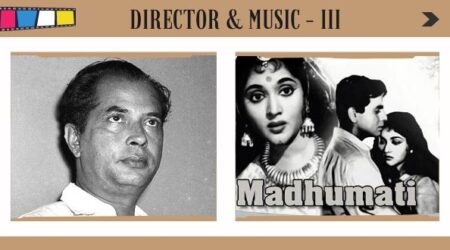
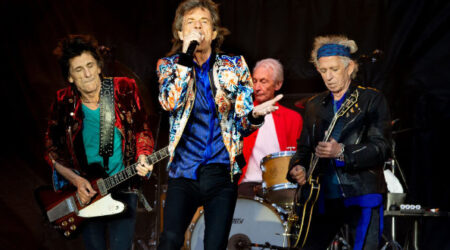
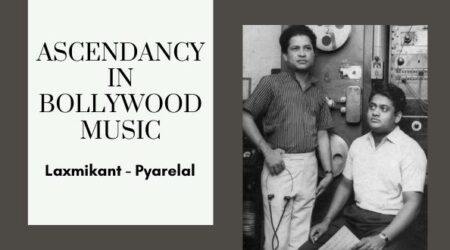

Comments (3)
Fantastic is a small word. Great!
Best,
Yash Raj , always an emporer of ” Love n Romance”?. His all films have the base of love right from Dhool Ka Fool to Veer Zara & keeping into mind the affect on socialism . Hats of to you YRC , I am die hard fan of your films ??????